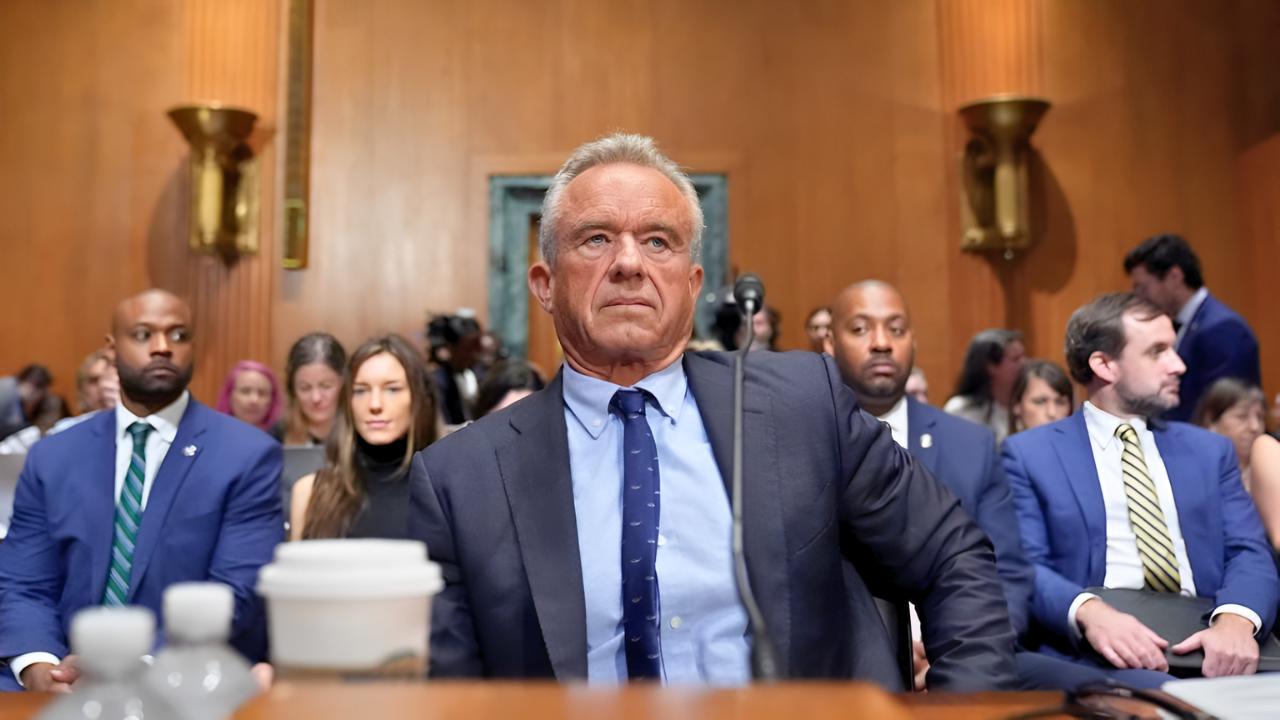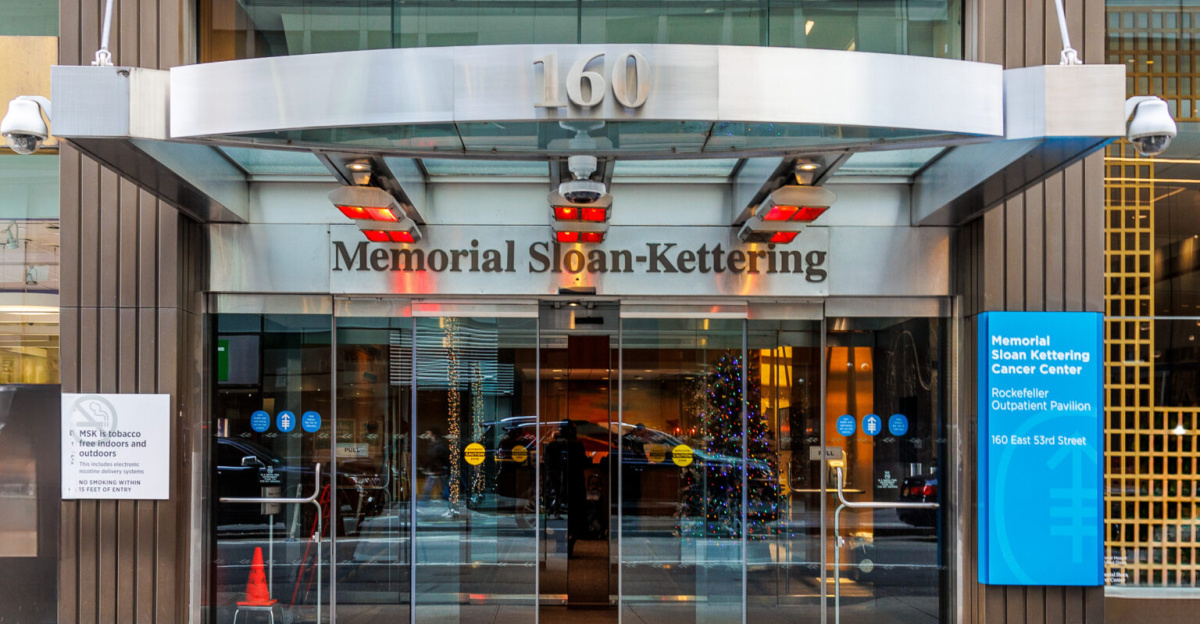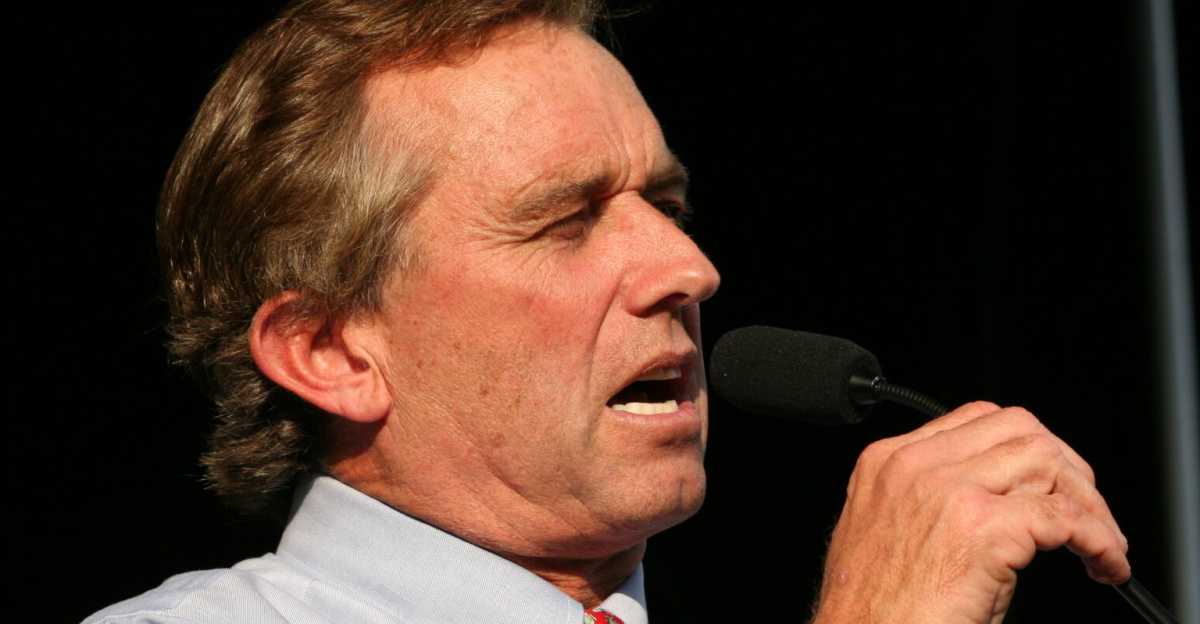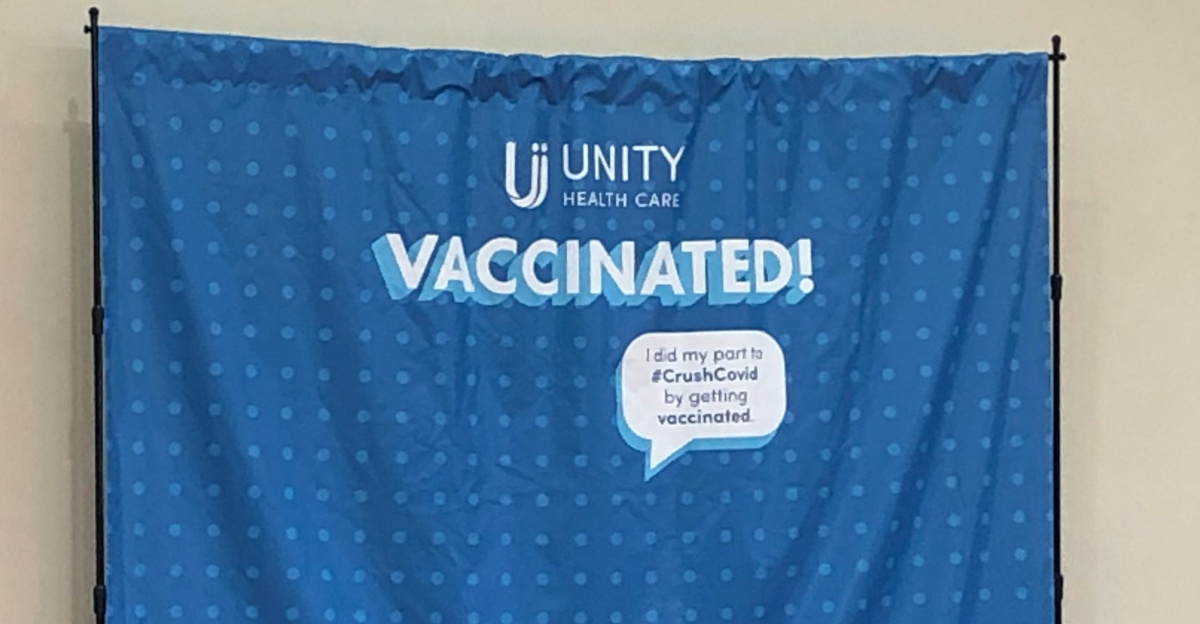
Tatiana Schlossberg’s life changed in May 2024, hours after giving birth to her second child. The granddaughter of former President John F. Kennedy learned she had acute myeloid leukemia, despite feeling healthy until that moment. Her white blood cell count was 131,000 cells per microliter—more than ten times the normal range of 4,000-11,000.
As her personal crisis unfolded, Schlossberg’s story intersected with a larger family and national debate over medical research and public health policy. Her diagnosis highlighted the fragility of health systems amid political shifts. In her New Yorker essay, Schlossberg wrote about the strain she experienced firsthand. Here’s what’s happening…
A Cousin’s Controversial Rise

While Schlossberg underwent treatment at Memorial Sloan Kettering Cancer Center and Columbia Presbyterian Hospital, her cousin Robert F. Kennedy Jr. rose in political prominence. In early 2025, RFK Jr. was confirmed as U.S. Secretary of Health and Human Services—a move fiercely opposed by Schlossberg’s mother, Caroline Kennedy.
Caroline called him “an embarrassment,” warning that his anti-vaccine views endangered public health, and accused him of hypocrisy for vaccinating his own children while discouraging others from doing so. Schlossberg echoed these concerns in her essay, writing, “Throughout my treatment, he had been on the national stage… mostly as an embarrassment to me and the rest of my immediate family.” She described her healthcare system as “strained, shaky” under his policies.
Funding Cuts Shake Medical Research

On August 5, 2025, RFK Jr. announced the termination of $500 million in federal funding for mRNA vaccine research through BARDA. The decision affected 22 active development initiatives, including those by Pfizer and Moderna targeting COVID-19, influenza, and avian flu. RFK Jr. claimed the vaccines “fail to protect effectively against upper respiratory infections like COVID and flu,” contradicting CDC guidance on safety and efficacy.
These cuts were part of a broader federal spending restructure. Between February 28 and August 15, 2025, NIH grant terminations resulted in the disruption of 383 clinical trials, affecting 74,311 patients. Over 115 trials focused on cancer research and nearly 100 on infectious diseases, highlighting the reach of the policy changes.
Institutional Impact and Personal Consequences

Research institutions faced immediate fallout. Columbia University, where Schlossberg’s husband, George Moran, conducts medical research, saw 157 grants terminated—the most of any institution—leading to 180 layoffs in May 2025. Memorial Sloan Kettering Cancer Center also faced uncertainty around mRNA-based cancer therapies.
For Schlossberg, the implications were deeply personal. She noted that one of her chemotherapy drugs, cytarabine, resulted from government-funded research—”the very thing that Bobby has already cut.” Watching critical research that enabled her treatment face termination underscored the human cost of policy decisions.
Broader Scientific Consequences

The policy shifts went beyond funding cuts. In June 2025, RFK Jr. replaced 17 members of the Advisory Committee on Immunization Practices with individuals described by experts as lacking immunization expertise. This raised concerns about the scientific foundation of future vaccine recommendations.
Hundreds of NIH staff signed the “Bethesda Declaration,” urging reversal of the cuts. Researchers reported a “brain drain,” considering work abroad, and international collaborators were barred from NIH subawards starting May 1, 2025. Pharmaceutical companies like Moderna faced substantial losses from canceled contracts—including a $590-750 million contract for bird flu vaccine development—threatening future vaccine development capabilities.
Schlossberg’s Urgent Message
Published on the anniversary of President Kennedy’s assassination, Schlossberg’s essay combined personal testimony with a warning about policy’s impact on human lives. She emphasized that scientific advances affecting her survival and future lives depended on continued funding—efforts RFK Jr. had moved to terminate.
She criticized her cousin, writing, “[he] probably doesn’t remember the millions of people who were paralyzed or killed by polio before the vaccine was available.” She contrasted this with her father’s perspective, noting that he remembered the era and understood what vaccination meant: “freedom.” Her essay served as a poignant call to safeguard science for generations to come.